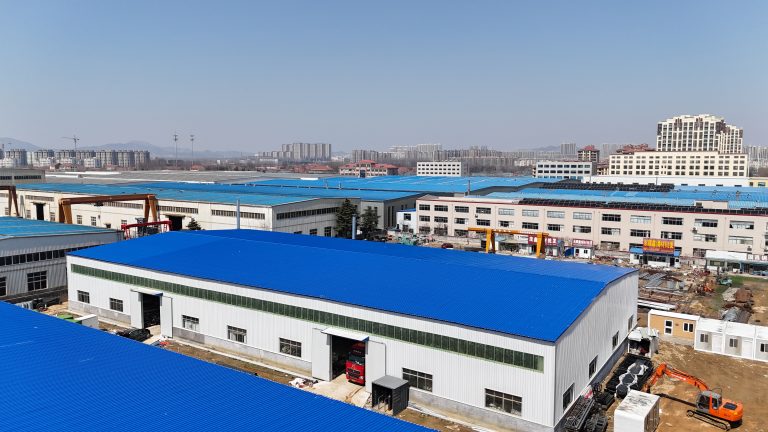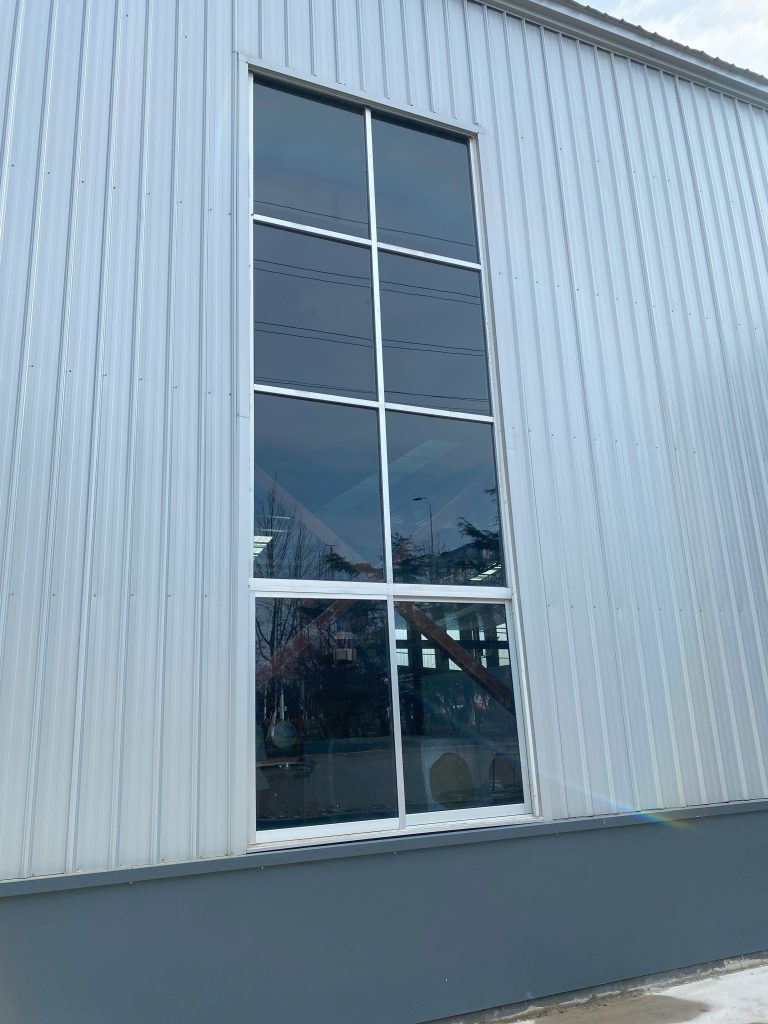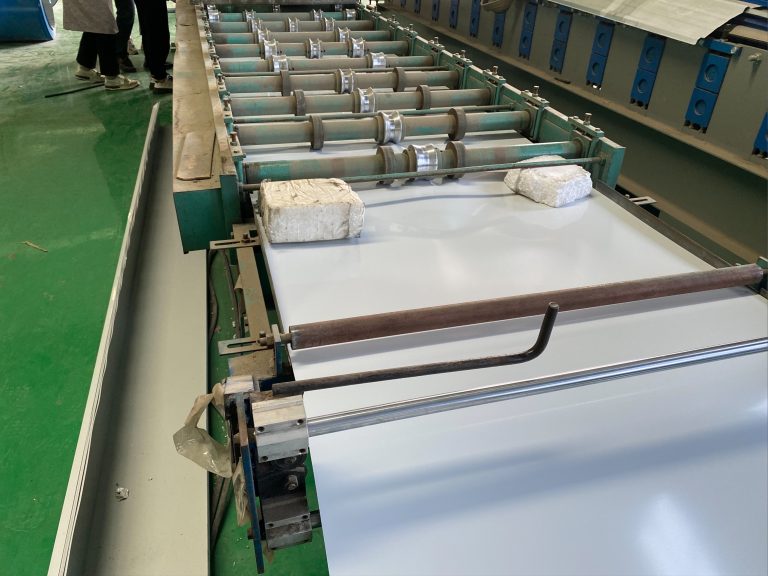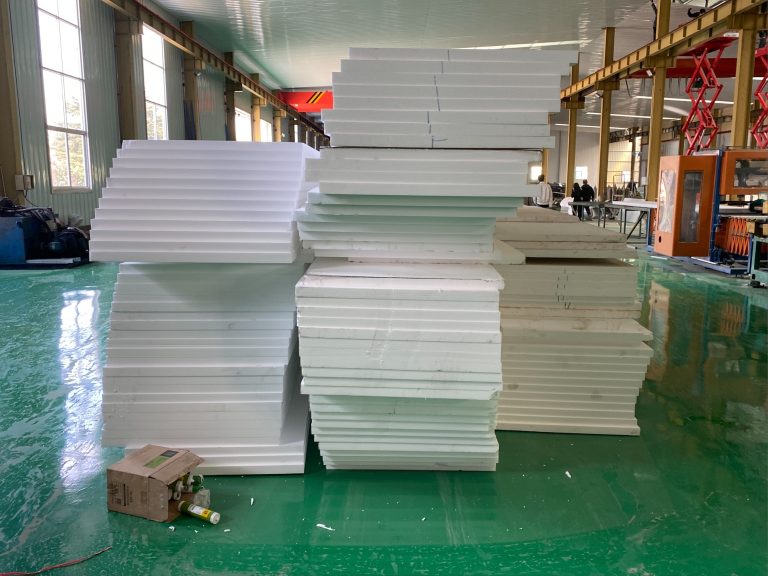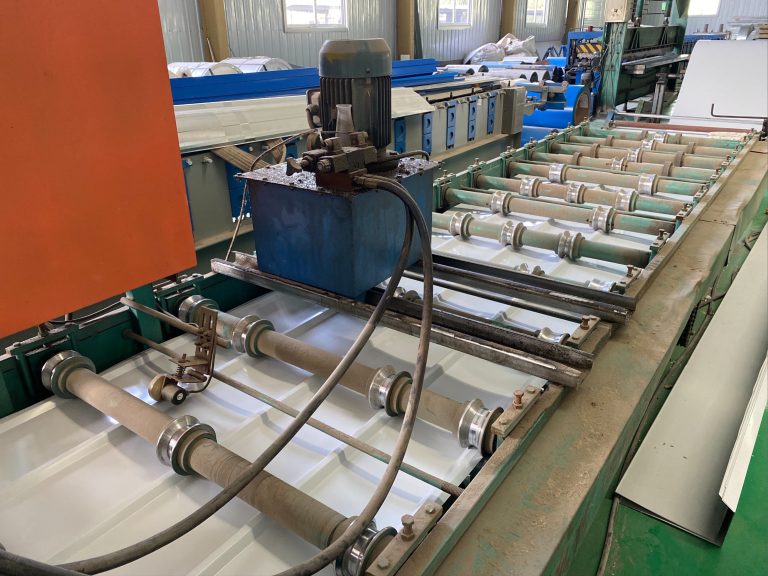The application and future development direction of sound insulation panels in building energy efficiency optimization and green building.
Inhoudsopgave
Benefits of Sound Insulation Panels in Building Energy Efficiency Optimization
Sound insulation panels have become an essential component in building energy efficiency optimization and green building practices. These panels are designed to reduce noise transmission between spaces, creating a more comfortable and productive environment for occupants. In addition to their primary function of sound insulation, these panels offer a range of benefits that contribute to overall building performance and sustainability.
One of the key benefits of sound insulation panels is their ability to improve thermal insulation. By reducing noise transmission, these panels also help to minimize heat loss and gain through walls and ceilings. This can result in lower energy consumption for heating and cooling, leading to cost savings and reduced environmental impact. In fact, studies have shown that buildings with effective sound insulation can achieve significant energy savings compared to those without.
Another advantage of sound insulation panels is their impact on indoor air quality. By reducing noise pollution, these panels create a more peaceful and comfortable indoor environment, which can have a positive effect on occupant health and well-being. Improved indoor air quality can also lead to increased productivity and satisfaction among building occupants, making sound insulation panels a valuable investment for building owners and managers.
In addition to their energy-saving and health benefits, sound insulation panels can also contribute to the overall sustainability of a building. By reducing noise pollution and improving thermal insulation, these panels help to create a more efficient and environmentally friendly building. This aligns with the growing trend towards green building practices, which prioritize the use of sustainable materials and technologies to minimize environmental impact.
As the demand for energy-efficient and sustainable buildings continues to grow, the application of sound insulation panels is expected to increase. In fact, many building codes and standards now require the use of sound insulation panels in new construction and renovation projects. This reflects the recognition of the important role that these panels play in optimizing building energy efficiency and promoting green building practices.
Looking ahead, the future development direction of sound insulation panels is likely to focus on enhancing their performance and versatility. Advances in materials science and technology are expected to lead to the development of more efficient and cost-effective sound insulation panels. These panels may also incorporate additional features, such as integrated sensors for monitoring indoor air quality and energy consumption.
Furthermore, the integration of sound insulation panels with other building systems, such as HVAC and lighting, is expected to become more common. This will allow for a more holistic approach to building energy efficiency optimization, where sound insulation panels work in tandem with other technologies to create a truly sustainable and high-performing building.
In conclusion, sound insulation panels are a valuable tool for building energy efficiency optimization and green building practices. Their ability to reduce noise transmission, improve thermal insulation, and enhance indoor air quality makes them an essential component of modern building design. As the demand for sustainable buildings continues to grow, the application and development of sound insulation panels are expected to play a key role in shaping the future of the built environment.
Innovations in Sound Insulation Panel Technology for Green Building Development
Sound insulation panels have become an essential component in building design, particularly in the context of energy efficiency optimization and green building practices. These panels are designed to reduce the transmission of sound from one space to another, creating a more comfortable and peaceful environment for occupants. In addition to their acoustic benefits, sound insulation panels also play a crucial role in improving the overall energy efficiency of a building.
One of the key applications of sound insulation panels in building energy efficiency optimization is in reducing the amount of energy required for heating and cooling. By minimizing the transfer of sound through walls, floors, and ceilings, these panels help to maintain a consistent indoor temperature, reducing the need for excessive heating or cooling. This not only leads to lower energy consumption and utility costs but also contributes to a more sustainable and environmentally friendly building design.
In recent years, there have been significant advancements in sound insulation panel technology, leading to the development of more efficient and effective solutions for building energy efficiency optimization. One such innovation is the use of advanced materials and construction techniques to enhance the soundproofing capabilities of these panels. By incorporating materials with high sound absorption properties, such as fiberglass or mineral wool, manufacturers are able to create panels that can effectively block out unwanted noise and improve overall acoustic performance.
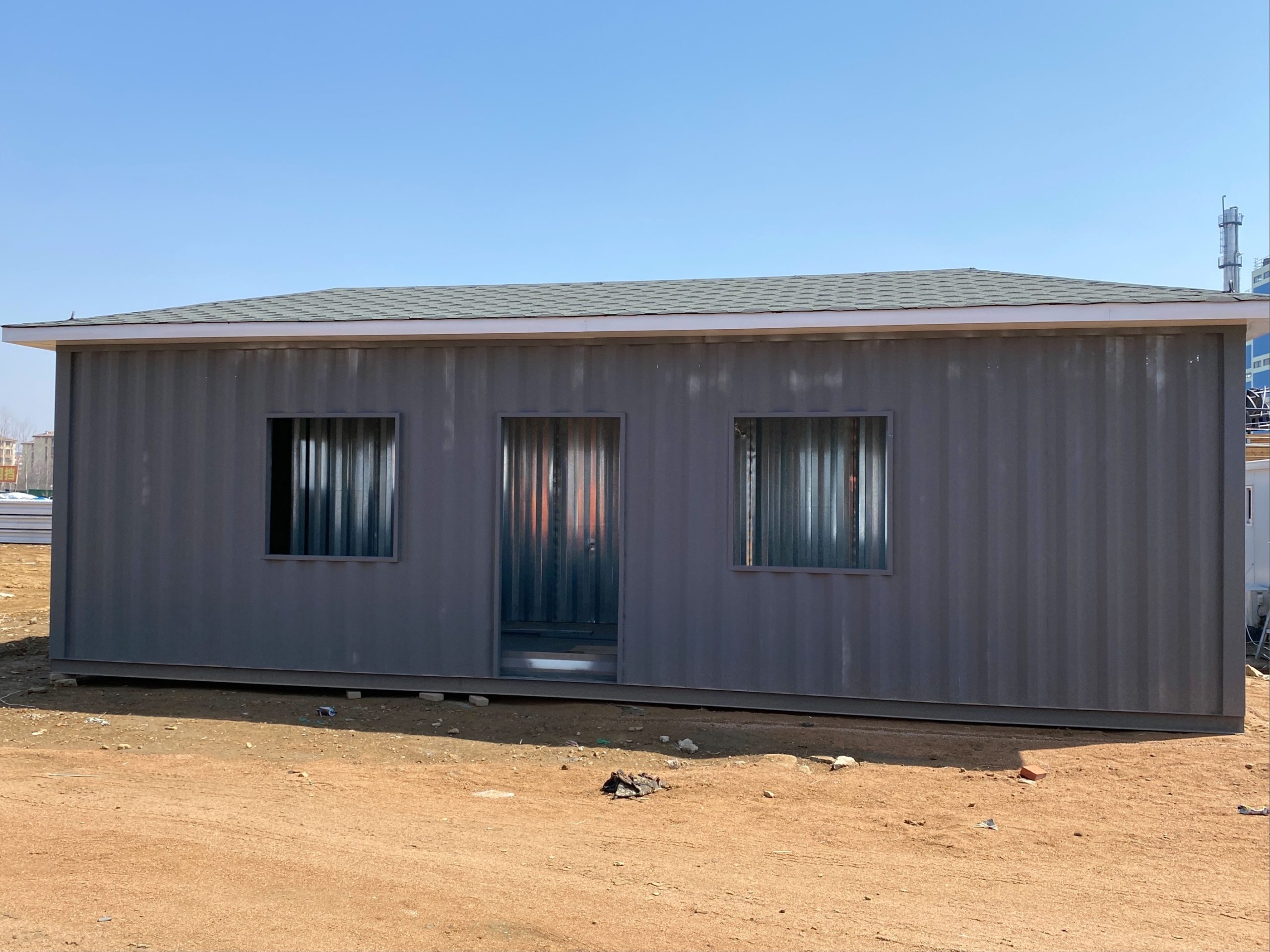
Another important development in sound insulation panel technology is the integration of smart features and automation systems. These panels can now be equipped with sensors and actuators that allow them to adjust their acoustic properties in real-time, based on changing environmental conditions. For example, panels can automatically adjust their thickness or density to optimize sound absorption and insulation, depending on the level of noise or temperature in a given space. This level of adaptability not only enhances the overall performance of sound insulation panels but also contributes to a more efficient and sustainable building design.
Looking ahead, the future development direction of sound insulation panels in building energy efficiency optimization and green building is likely to focus on further improving their acoustic performance and sustainability. Manufacturers are exploring new materials and technologies that can enhance the soundproofing capabilities of these panels while also reducing their environmental impact. For example, there is growing interest in the use of recycled or bio-based materials in the production of sound insulation panels, as well as the integration of renewable energy sources, such as solar panels, to power smart features and automation systems.
In conclusion, sound insulation panels play a crucial role in building energy efficiency optimization and green building practices. With advancements in technology and innovation, these panels are becoming more efficient, effective, and sustainable, contributing to a more comfortable and environmentally friendly built environment. As we look towards the future, the development of sound insulation panels is likely to focus on further enhancing their acoustic performance and sustainability, paving the way for a more energy-efficient and eco-friendly building design.

